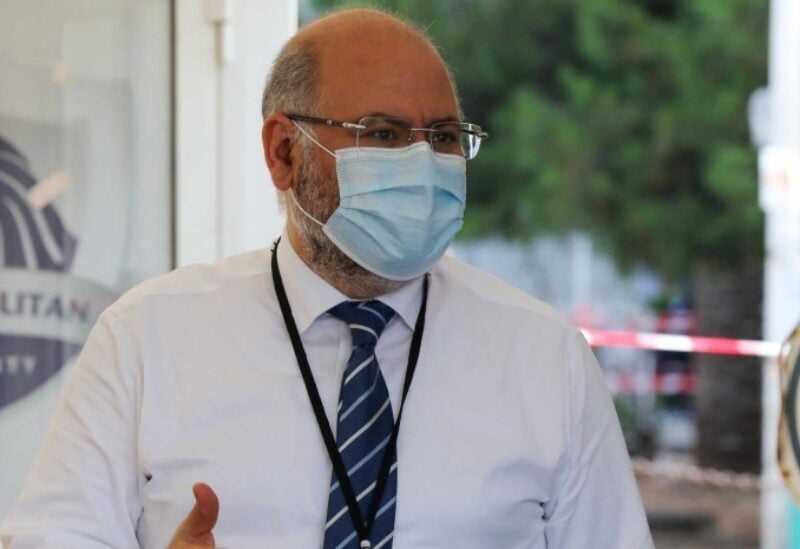
Minister of Public Health Firas Abiad
The Minister of Health, Firas Al-Abyad, indicated that “we have 4 basic things that change in the matter of medicine. The first is that we in Lebanon are part of the society that is most in need, and we must provide them with medicine free of charge through the primary care centers affiliated with the ministry on all Lebanese lands,” noting that “the second issue is related to the policy of relying on abroad in importing medicine, despite We have good pharmaceutical production in Lebanon, where we have 12 factories, and we must increase our support for these, as they can be a source of attracting dollars to the country.”
During a television interview, Al-Abyad explained, “The third issue is related to generics and brands. In the past, we had a choice not to bring only brands, but today there is a large part of developed countries whose medicines are generic,” stressing that “we need to update laws to facilitate the entry of high-quality and globally recognized medicines and speed up the process, so that everyone can enter medicines The good. Therefore, if any factory has these specifications, we can give it an initial registration to enter the drug until the completion of the procedures, so the citizen can benefit from the recognized medicines whose price is cheaper than others.”
He stressed, “At this stage, we must seize the opportunity and implement new policies, to come out of the crisis stronger. In this context, we are working on a medicine card that could allow the poorest to have a certain amount to buy medicines, but our main concern was to bring the medicine back to Lebanon because the vacuum that occurred in the past allowed some medicines that do not have data to enter Lebanon through smuggling, so the easiest way to get rid of this issue is to secure the right medicine.” He continued, “I expect medicines for chronic diseases and infant formula to reach Lebanon by the end of January.”
As for whether there were large numbers of infections with the “Omicron” mutant in Lebanon, Al-Abyadh said: “It is true, and we took additional measures at Beirut International Airport, and forced travelers to Lebanon, even if they were vaccinated, to perform a PCR examination with a negative result.” He explained, “Our concern was not to close the economic cycle as much as possible, and we know that most of the work occurs during the day, and social life is that which takes place during the night, and this is what we saw last year during the holidays, when there were many gatherings in homes.”